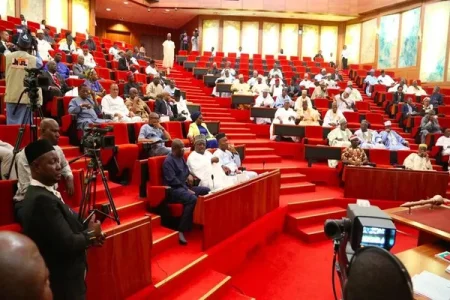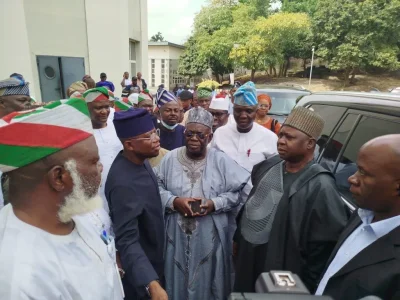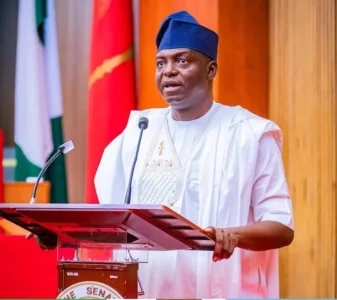
The Nigerian Senate has swiftly passed a new minimum wage bill, raising the wage from N30,000 to N70,000 in record time. The bill passed through all readings in less than an hour, and reflects urgent economic measures and alignment with current realities. President Tinubu's budget includes N3 trillion for this adjustment.
On Tuesday, the Nigerian Senate accomplished a remarkable legislative feat by passing the new minimum wage bill through all three readings in less than an hour. The swift process reflects a strong consensus and urgent response to economic pressures.
The bill proposes an increase in the country’s minimum wage from N30,000 to N70,000. This significant raise is aimed at addressing the rising cost of living and improving workers' livelihoods. Senate Majority Leader Opeyemi Bamidele explained that the N70,000 figure was reached after extensive negotiations among all parties. He described the wage increase as a crucial short-term measure by the federal government to alleviate economic challenges.
Chief Whip Tahir Monguno supported the bill, emphasizing the need for more frequent reviews of the minimum wage to align it with current economic realities. Previously, adjustments were made every five years, but the new approach will see reviews every three years to better match societal and economic conditions.
Following the readings, the Senate convened as a “committee of the whole” to scrutinize and approve the bill’s specific clauses. This procedural efficiency highlights the legislature's commitment to addressing economic issues promptly.
Last week, President Bola Tinubu requested an increase in the 2024 appropriation Act by N6.2 trillion, with N3 trillion allocated specifically for covering the new national minimum wage. Minister of Budget and Economic Planning, Atiku Bagudu, defended the request, underscoring its necessity for infrastructure and recurrent expenditures.
The rapid passage of the bill demonstrates the Senate’s agility in responding to pressing economic concerns, aiming to bolster the welfare of Nigerian workers amid ongoing fiscal adjustments.




